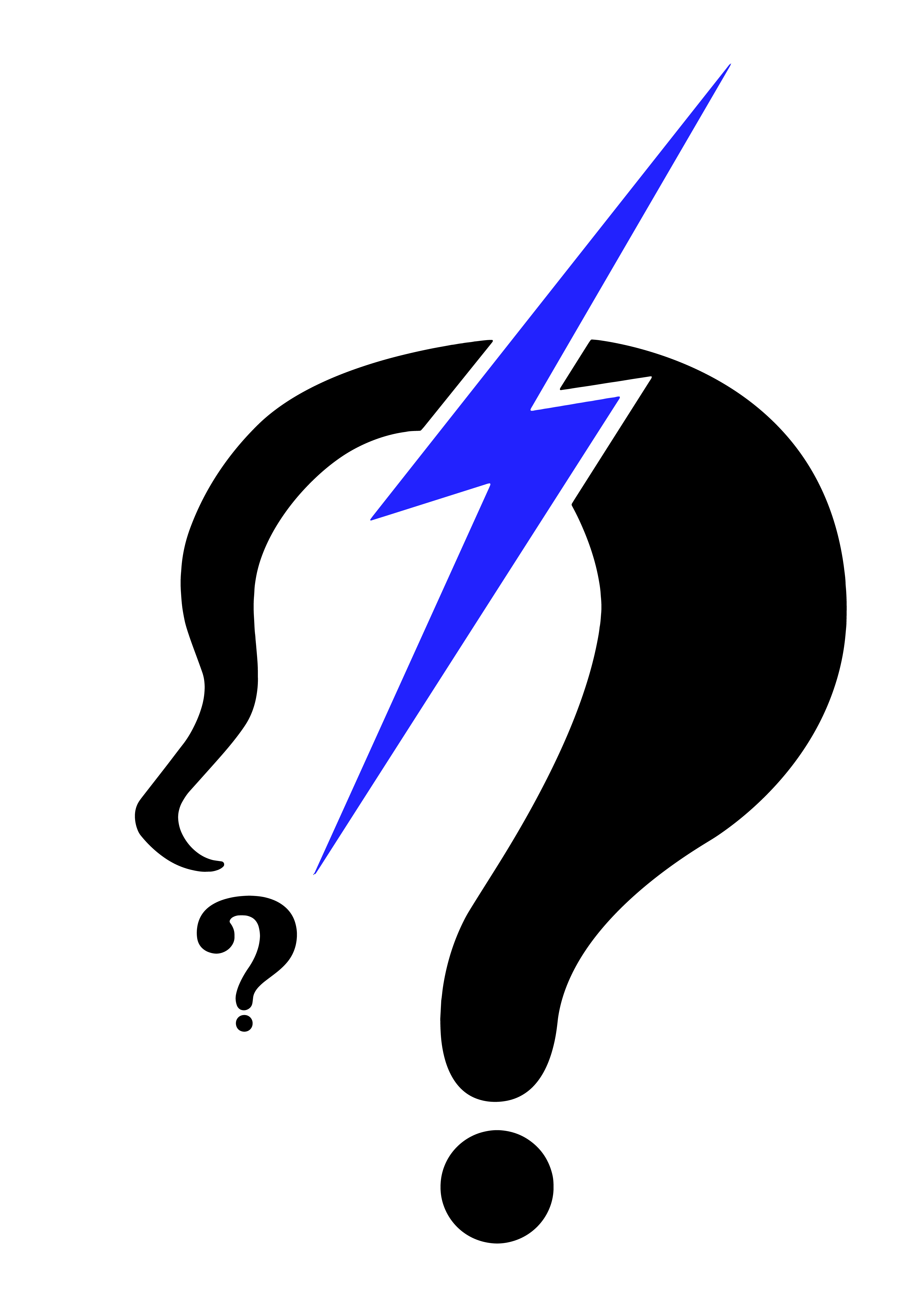Keeble
Keeble is an iOS keyboard.
It gives the user control over the colour, font and complexity of the keyboard.
Keeble features word prediction, can give auditory feedback on letters and words and the ability to control voice / speech rate.
It offers:
- Simplified ABC offers an ABC keyboard and leaves out all the difficult, less important keys. It is intended for beginning users who are still exploring letters and who should not be distracted by keys they do not need.
- Simplified QWERTY is a standard keyboard, leaving out all the difficult, less important keys. It is intended for beginning writers who should not be distracted by keys they do not need.
- QWERTY is the standard keyboard layout.
- QWERTY extended is optimized for iPad Pro.
- Scanning - ABC offers a simplified, ABC keyboard for users with fine-motor challenges who access the keyboard through switch scanning.
- Scanning - Frequency of use is a research-based keyboard layout that offers letters based on frequency of use: the most frequently used letters are placed at the beginning of the keyboard, saving switch scanners lots of time.
Keeble features word prediction, can give auditory feedback on letters and words and the ability to control voice / speech rate.
It can be used with scanning / switch control
Available in English, French, Spanish, Dutch, German, Italian, Swedish, Norwegian, Danish, Czech, and Polish. In addition, the app offers regional keyboard layouts for British English, Australian English and Canadian English, as well as Flemish, Swiss French, and Canadian French.
Keeble works on i0s
It is a keyboard that can be formatted in multiple ways to support varying visual, motor and language skills.
It gives the user control over the colour, font and complexity of the keyboard.
Keeble features word prediction, can give auditory feedback on letters and words and the ability to control voice / speech rate.
It is available in different languages.

 The
The